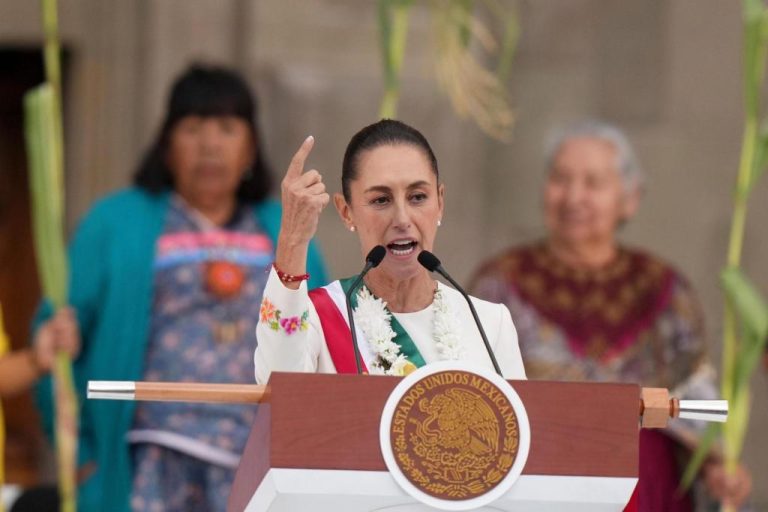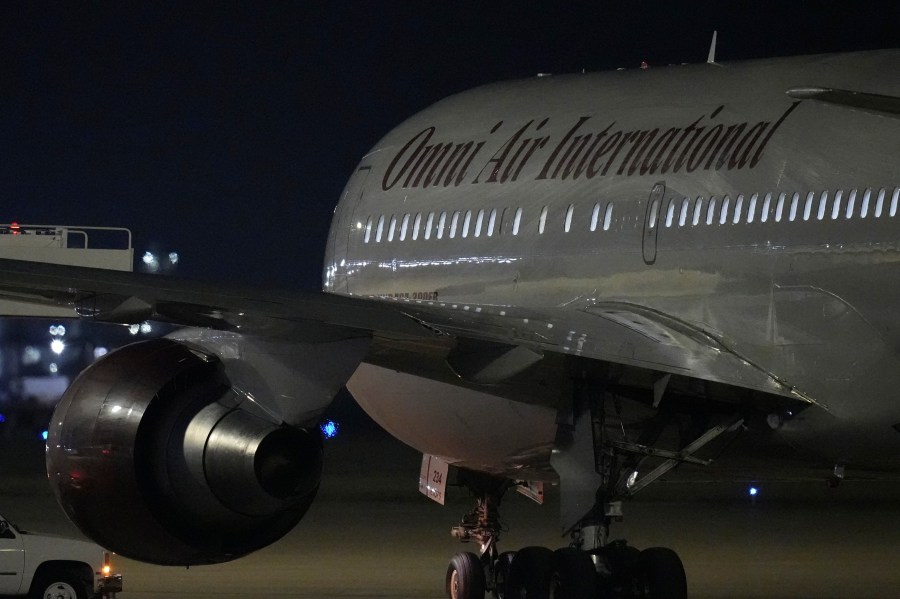
PHILADELPHIA – U.S. Customs and Border Protection officers seized two unique shipments from the United Kingdom that ran a-fowl of U.S. wildlife and import laws recently in Philadelphia.
CBP officers encountered the first shipment on May 23. It consisted of an arrangement of six colorful taxidermied birds perched on a branch. The birds were provisionally identified as two Regent Powerbirds, two Cotinga, one Blue-Bellied Roller, and one Oriole. The arrangement was destined to an address in Onondaga County, N.Y.
The second shipment arrived on June 13 and consisted of 20 horned mammal skulls. The skulls were destined to an address in Tampa, Fla.
CBP officers detained both shipments and consulted with inspectors from the U.S. Fish and Wildlife Service (USFWS) who advised CBP that the wildlife products violated U.S. wildlife import laws.
More specifically, the taxidermied birds arrangement violated the Migratory Bird Treaty Act (16 USC 703-712), as it is unlawful to kill, sell, possess, import, export or otherwise trade in listed species of migratory bird without prior government authorization. The stuffed birds required migratory bird import permits from the USFWS and from the U.S. Department of Agriculture Veterinary Services.
The horned skulls violated provisions of the Convention on International Trade in Endangered Species of Wild Fauna and Flora (CITES), the U.S. Endangered Species Act, and the Lacey Act.
CBP officers seized the taxidermied birds on May 30 and the horned skulls on June 20, and turned both shipments over to USFWS investigations.
The USFWS investigation continues.
“American consumers should think twice before purchasing products either in whole or manufactured from wildlife because they may violate U.S. and international laws, but more importantly, they could be contributing to the end of an entire species of wildlife,” said Rene Ortega, CBP’s Acting Area Port Director in Philadelphia. “Customs and Border Protection officers and agriculture specialists will continue to work side-by-side with our U.S. Fish and Wildlife Service partners to intercept this illicit trade and to help put a dent into the unnecessary and illegal slaughter of endangered animal species for profit.”
The Convention on International Trade in Endangered Species of Wild Fauna and Flora and the U.S. Endangered Species Act regulate the international trade in wildlife and animal-based products.
Illicit wildlife trade remains an international concern and is the leading cause pushing certain species to extinction.
According to CITES, the international trade in wildlife is estimated to be in the billions of dollars. Animals and plants are being exploited for a wide variety of consumer goods, including live and taxidermied specimens, food products, jewelry, clothing and accessories, musical instruments, tourist souvenirs, and many more products. CITES is one of the major international cooperation agreements that regulate lawful wildlife trade with the goal to safeguard wildlife from over-exploitation.
CBP’s border security mission is led at our nation’s Ports of Entry by CBP officers and agriculture specialists from the Office of Field Operations. CBP screens international travelers and cargo and searches for illicit narcotics, unreported currency, weapons, counterfeit consumer goods, prohibited agriculture, invasive weeds and pests, and other illicit products that could potentially harm the American public, U.S. businesses, and our nation’s safety and economic vitality.
Learn what CBP accomplished during “A Typical Day” in 2022 and learn more about CBP at www.CBP.gov.
Follow the Director of CBP’s Baltimore Field Office on Twitter at @DFOBaltimore for breaking news, current events, human interest stories and photos, and CBP’s Office of Field Operations on Instagram at @cbpfieldops.










